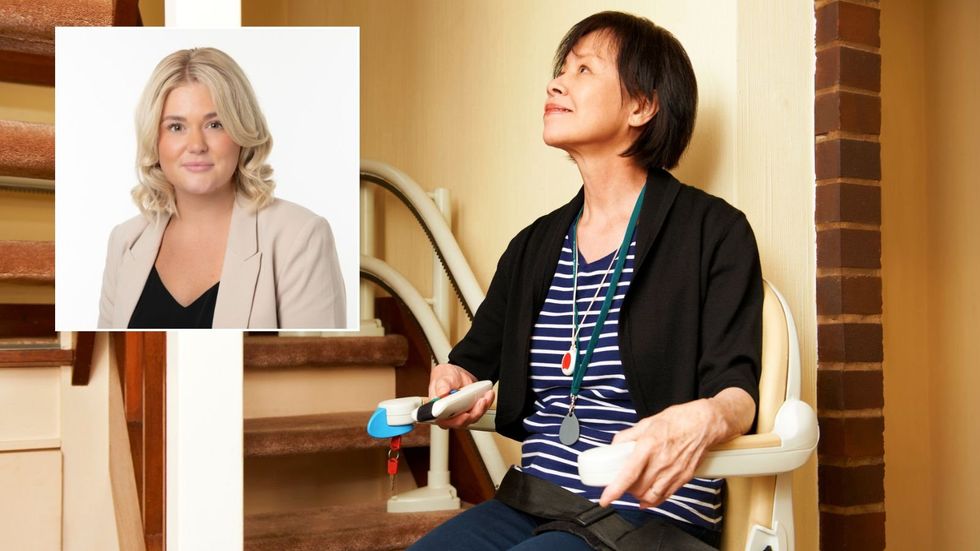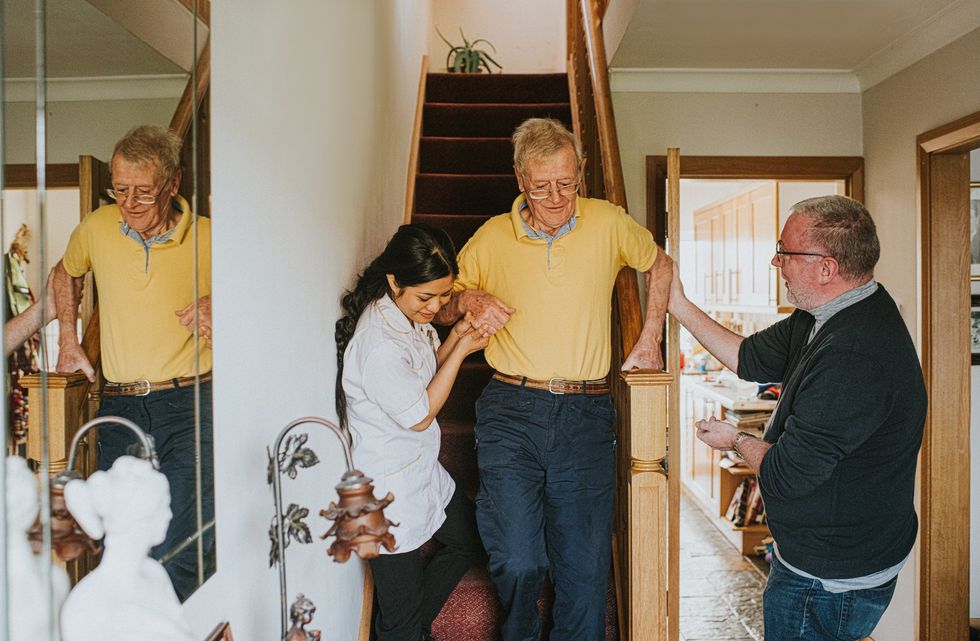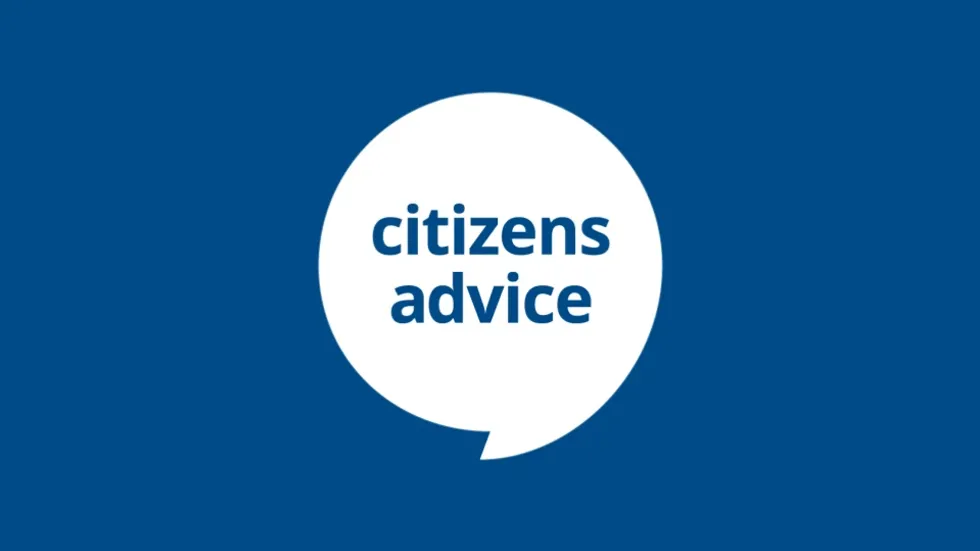Britons urged to accept funding support for stairlifts and home mobility: 'Delaying can come at a high cost'

Good Morning Britain guests clash in debate on pensioner support |
ITV GMB

A step-by-step guide to government and charity support for stairlifts and accessibility upgrades, before it's too late
Don't Miss
Most Read
Financial assistance for home mobility adaptations remains crucial for thousands of UK residents facing accessibility challenges, with the cost of a new stairlift averaging £3,867 according to a Which? survey from December 2022.
To help offset these substantial expenses, several funding options are available across the UK, including Government grants and targeted support from charitable organisations.
Marketing specialist Bethany Ward from Access BDD, a curved stairlifts provider, offers guidance on how people can bring down the cost of home modifications.
Government support
Disabled Facilities Grants and Scotland’s Scheme of Assistance
In England, Wales and Northern Ireland, the Disabled Facilities Grant (DFG) provides financial help for residents who need accessibility modifications.
Maximum funding varies by nation, with Wales offering up to £36,000, England up to £30,000 and Northern Ireland capping grants at £25,000.
TRENDING
Stories
Videos
Your Say
Homeowners, tenants and landlords can apply, and applications for disabled children under eighteen are exempt from parental income assessments.
Landlords are not subject to income checks, although councils may require the property to be occupied by a disabled tenant for five years after approval.
Local authorities must confirm that proposed modifications are both necessary and suitable for the disabled resident’s needs.
Applications are submitted through local councils, which are required to respond within six months.
Once approved, all work must be completed within twelve months, and crucially, no modifications can begin before official grant approval is received.

Marketing specialist Bethany Ward offers guidance on how people can bring down the cost of home modifications
|GETTY/ACCESS BDD
Scotland operates its own support system through the Scheme of Assistance (SoA), which is administered by local authorities.
The scheme provides a minimum of 80 per cent funding for eligible costs.
Full funding is available to those receiving benefits such as Income Support, income-based Jobseeker’s Allowance, income-related Employment and Support Allowance, Universal Credit and the guarantee element of Pension Credit.
Local authorities have discretion to exceed the 80 per cent threshold based on individual circumstances.
The scheme mandates support when properties require adaptation for disabled occupants or when previously modified homes need restoration.
LATEST DEVELOPMENTS

The scheme mandates support when properties require adaptation for disabled occupants or when previously modified homes need restoration
|GETTY
Legal protections ensure assistance cannot be denied based on disability, age, race, gender reassignment, pregnancy, religion, sexual orientation or sex.
Application forms are available through local authority websites or housing offices, and Citizens Advice Bureau advisers can provide support throughout the process.
Charitable support
Help for farming families and military personnel
The Royal Agricultural Benevolent Institution (RABI) provides Independent Living Grants to farming families experiencing financial hardship, distributing around £3million in direct support each year.
Military veterans and their families can access mobility assistance through SSAFA, the Soldiers’, Sailors’ and Airmen’s Families Association.
Eligibility extends to anyone who received at least one day’s pay from the British Army, Royal Air Force, Royal Navy or Royal Marines, including Reserve forces.
SSAFA’s Forcesline service handles initial enquiries, and the charity assesses individual circumstances before determining support levels.
SSAFA’s 2023 annual report documented support reaching more than 53,000 individuals through various services that year.
Both charities fund home accessibility modifications, including stairlifts, to serve the unique circumstances of agricultural workers and Armed Forces personnel who require mobility adaptations.
Parliamentary data shows that DFG delivery increased from 40,645 in 2014/15 to 53,500 in 2018/19, reflecting growing demand for accessibility support.
Why Planning Matters
Demand for mobility funding is rising. Parliamentary data shows that DFG delivery increased from 40,645 in 2014/15 to 53,500 in 2018/19.
In Scotland, 6,353 Scheme of Assistance grants were awarded in 2022/23 — a 4% increase from the previous year. These figures reflect growing awareness, but also growing need.
Research from probate lending specialists Level Group reveals that more than 29 million UK adults expect to receive money from relatives within the next two decades.
Around 18.4 million people rely financially on these future inheritances, and 27% of them, roughly five million individuals could face debt if expected legacies fail to materialise.

Citizens Advice can help guide people through the application process
| Citizens Advice East LancashireTaking the First Step
For those considering home adaptations, the message is clear: don’t delay.
Begin by contacting local councils or housing authority to explore government grants.
Those part of a farming or military family are encouraged to reach out to RABI or SSAFA for tailored support.
Citizens Advice can help guide people through the application process.
More From GB News










